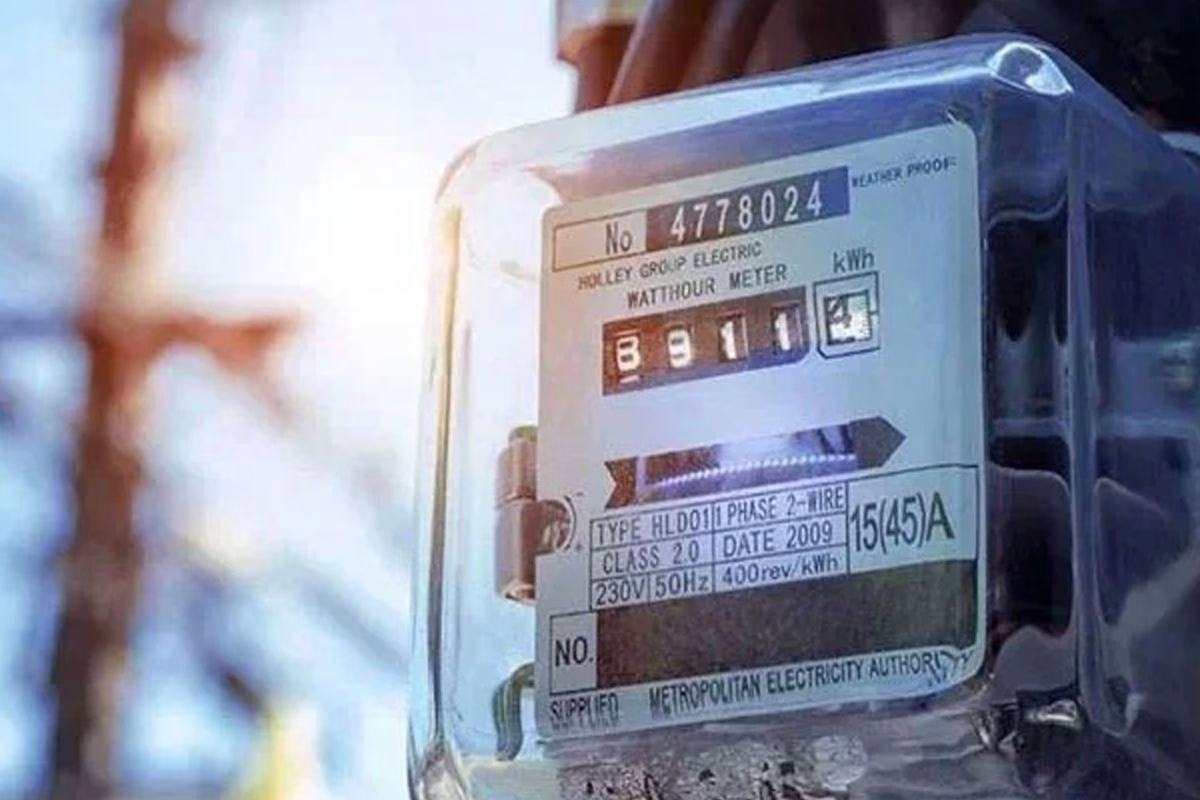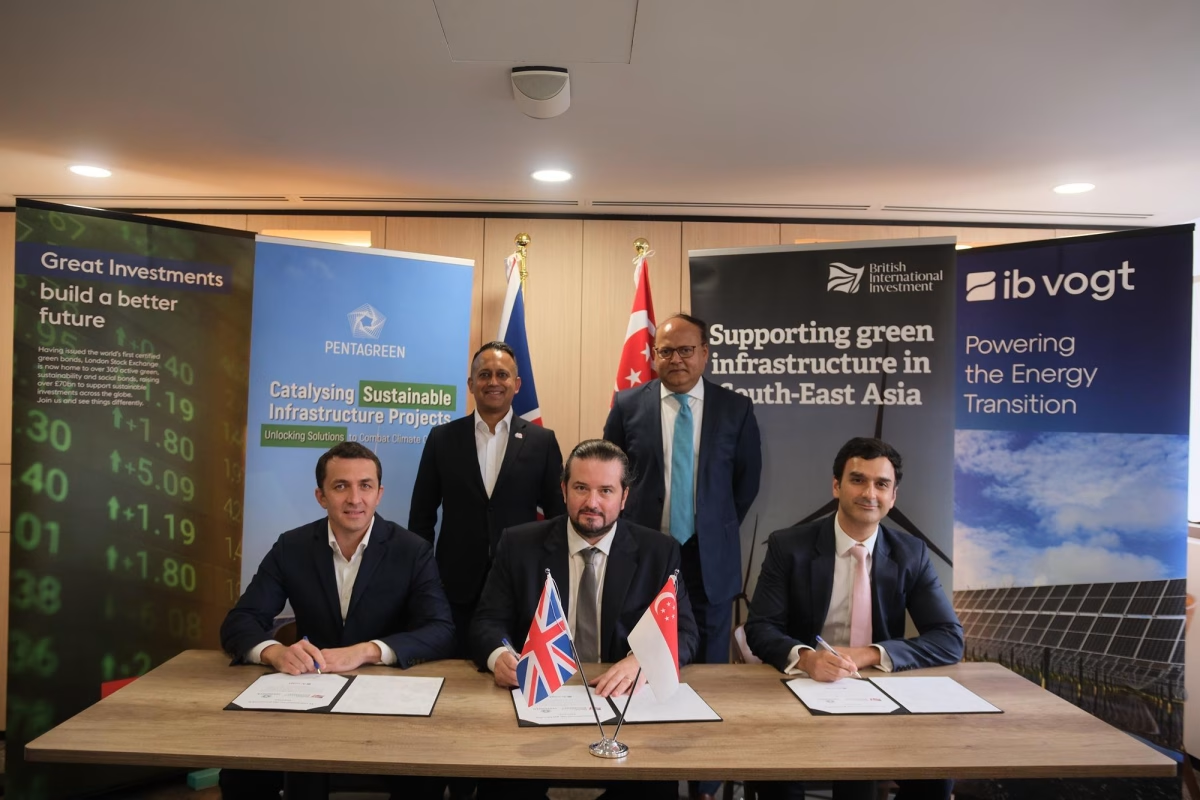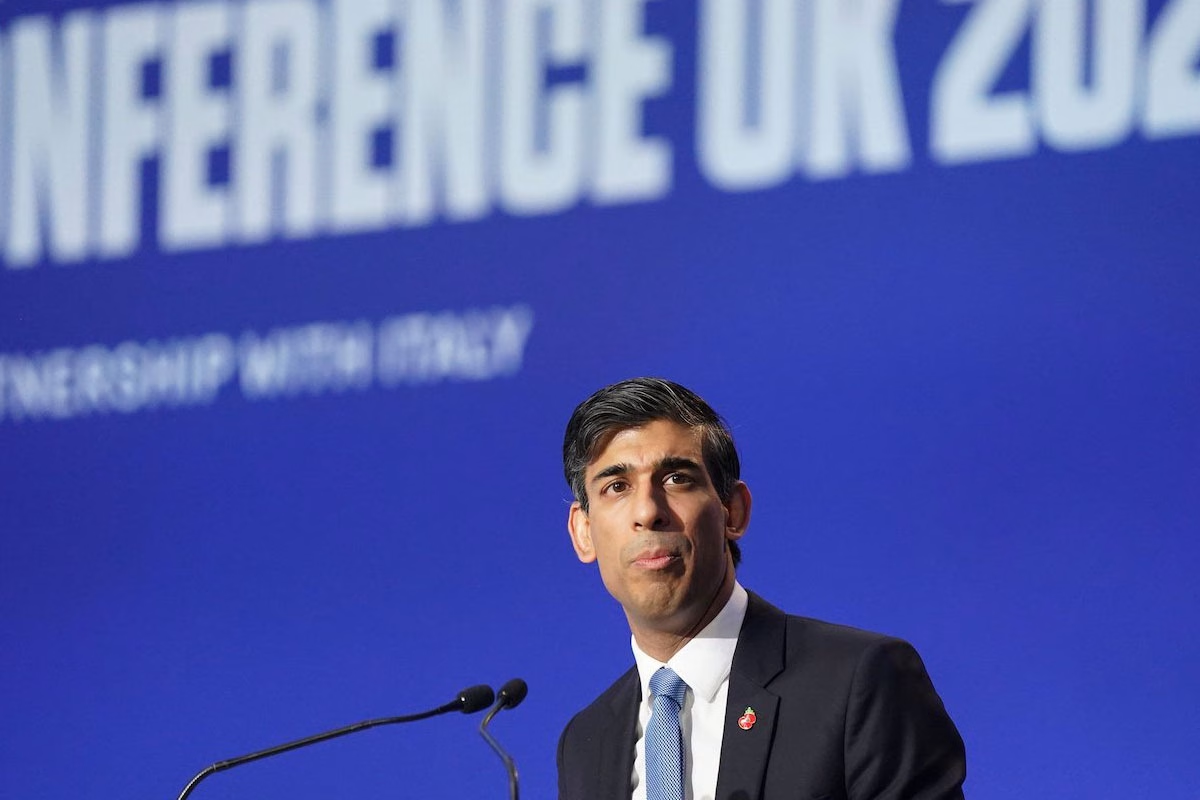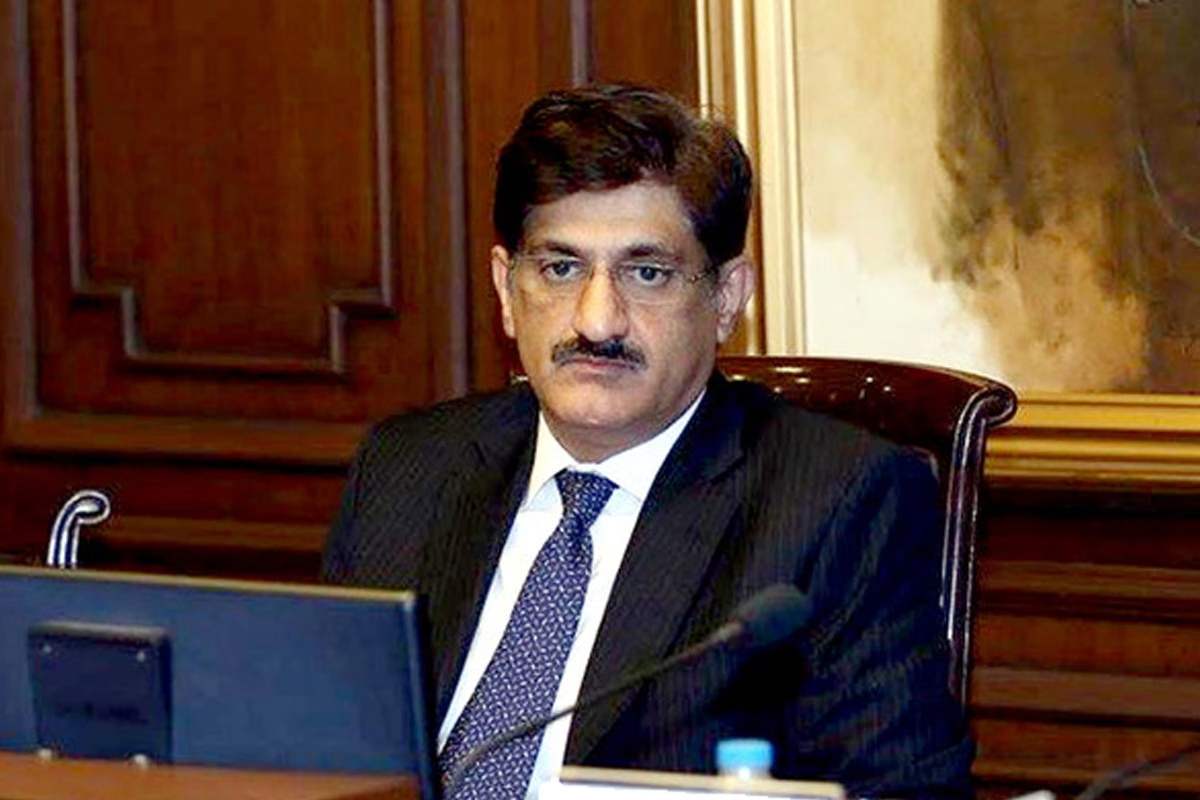
Foreign firm seeks govt help to enforce $7mn arbitration ruling against Pakistani energy firm
January 15, 2025
UAE Minister of Climate Change and Environment reinforces commitment to global energy transition at 15th IRENA Assembly
January 15, 2025Pakistan’s net metering power capacity reached an impressive 2,498 MW by the end of FY2023-24, marking a significant 294% increase from 633 MW in FY2021-22. This rapid growth reflects a nationwide shift toward renewable energy, particularly rooftop solar systems. However, the rise in solar adoption is not without challenges, especially for the national grid.
The net metering surge has been more pronounced among state-owned distribution companies (Discos) than the privatized K-Electric, which serves Karachi. Discos collectively accounted for 2,165 MW (86.7%) of the total net metering capacity, compared to K-Electric’s 333 MW (13.3%). While K-Electric’s adoption grew by 229.7% since FY2021-22, the pace remains slower than the 242% growth achieved by Discos, highlighting differences in policy implementation and consumer engagement.
Despite its promise of cleaner energy, the shift to solar has posed financial and technical challenges for the energy sector. Pakistan’s grid-linked rooftop solar capacity does not include off-grid installations, but estimates suggest the country’s total imported solar capacity has surpassed 10,000 MW during this period. As more consumers generate their own power, the cost of maintaining the grid increasingly falls on non-solar users, creating financial imbalances.
To address this, the government is exploring measures to reduce compensation for rooftop solar-generated electricity. Proposed tariff cuts would lower the payment from Rs21 per unit to Rs7.5–11 per unit and adjust the exchange ratio from two solar units per grid unit to six solar units per grid unit. These measures aim to balance the financial impact of solar adoption while sustaining the grid’s viability.
In Karachi, the financial hub of Pakistan, K-Electric’s slow adoption of net metering remains a concern. Despite the city’s high solar potential and rising energy demand, K-Electric has faced criticism for delays in approving net metering applications. In November 2024, NEPRA issued a show-cause notice to K-Electric for failing to comply with net metering directives, citing overloaded distribution systems and Pole-Mounted Transformers (PMTs) as recurring obstacles.
NEPRA’s State of Industry Report 2023-24 notes that despite resistance from some distribution companies, Pakistan is on track to surpass its net metering target of an additional 3,420 MW by 2031, as outlined in the Integrated Generation Capacity Expansion Plan (IGCEP) 2022-31. Falling solar panel prices and financial incentives have fueled the adoption of rooftop solar solutions, helping accelerate progress.
By June 30, 2024, the number of net metering consumers had soared to 157,844, nearly double the 75,724 recorded the previous year. FY2023-24 saw an additional 1,181 MW of net metering capacity, compared to 583 MW in FY2022-23. This growth underscores an increasing shift toward self-generation, even as traditional distribution companies struggle to accommodate the transition. With solar power adoption continuing to rise, the trend reflects a growing reliance on alternative energy sources beyond the national grid.




